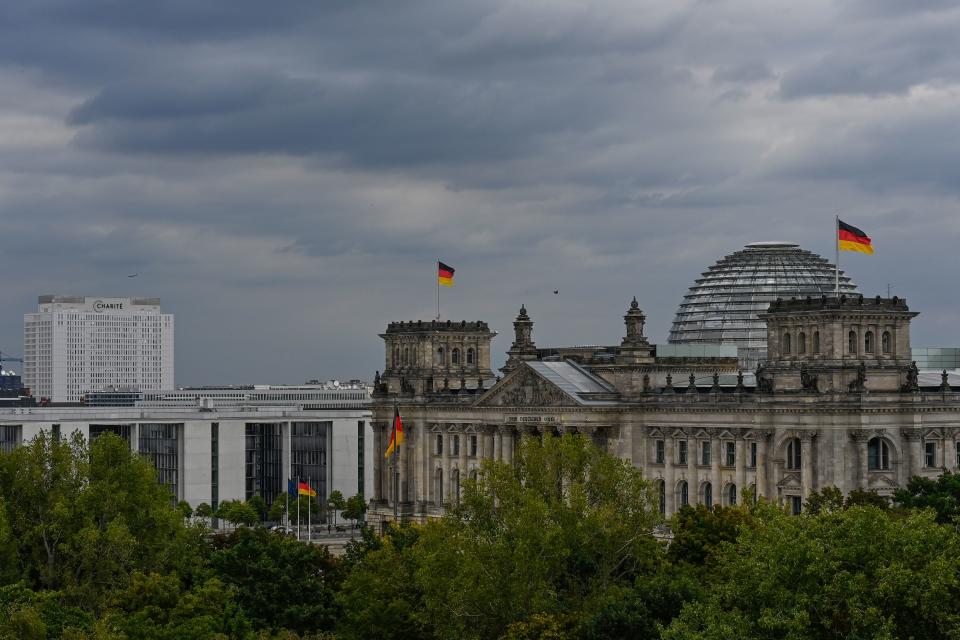German economic recovery may lose momentum in rest of year

The German economy’s recovery from the impact of coronavirus is likely to slow somewhat for the remainder of the year, according to the Bundesbank.
In its monthly report today, the central bank said that economy is gradually recovering from the “severe slump” caused by the pandemic lockdowns earlier in the year.
“The successive easing of restrictions on economic and social life led to the economy picking up strongly from May 2020,” the central bank said.
However, it noted that “in the remainder of the year the recovery may continue but lose momentum.”
“In the industrial sector, companies are again looking more optimistically to the future,” the Bundesbank said. “However, expectations regarding exports are still cautious, and the inflow of orders has noticeably lost its upwards momentum recently.”
READ MORE: German investor morale brightens in September
The ZEW economic-sentiment index climbed 5.9 points in September from August, to 77.4 points, showing that investor morale in Germany was on the up.
ZEW president Achim Wambach noted that the rise shows finance-market experts continue to expect “a noticeable recovery of the German economy.”
“Stalled Brexit talks and rising COVID-19 cases could not dampen the positive mood,” Wambach said in a statement. “However, the still-negative outlook for the banking sector reveals fears of a rising number of loan defaults in the coming six months.”
German GDP contracted by 9.7% in the second quarter of 2020, compared with the same period in 2019. The government recently revised its forecast for 2020 to a decline of 5.8%, after previously forecasting a 6.3% contraction.
The government has now slashed its tax revenue forecast for next year and has committed to additional borrowing in 2021. Finance minister Olaf Scholz told Reuters that the economy won’t return to pre-crisis levels until the start of 2022.
Germany is unlikely to need to have a tough national lockdown like the one in spring, but the country is also experiencing a surge in COVID-19 cases.
READ MORE: Germany’s top virologist doesn't envisage a second national lockdown

 Yahoo Sport
Yahoo Sport 





































